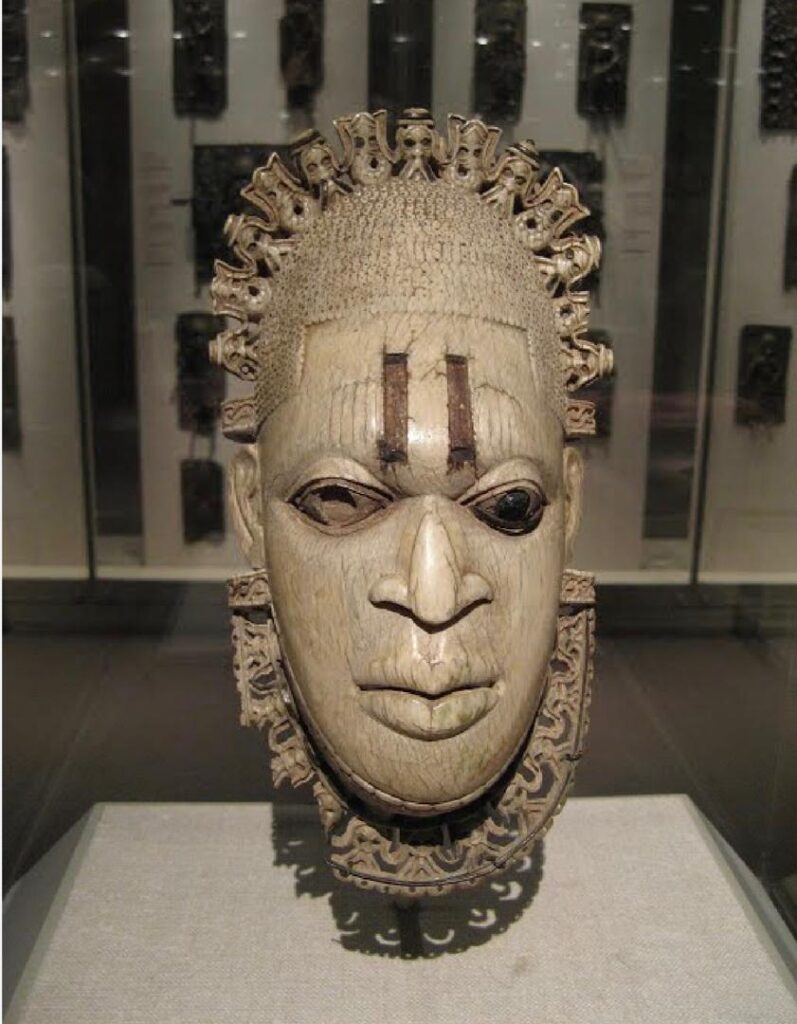Should Nigeria withdraw its membership from COMMONWEALTH of NATIONS
Nigeria is the most populous country in Africa and a significant player in regional and global affairs, Nigeria has been a member of the Commonwealth of Nations since its independence from the British colonial rule in 1960. The Commonwealth is a voluntary association of 56 member countries, most of which are former British colonies, its aims to promote democracy, human rights and economic development among member states.
However in recent years there have been some there have been debates about the relevance and benefits of Nigeria membership in Commonwealth.
As Nigeria continues to assert its influence and leadership in Africa and globally, questions arises, some argued that Nigeria membership in the Commonwealth is a relic of its colonial past others argued that the Commonwealth provides a valuable platform for Nigeria to engage with others countries to promote its economic and political interests and contribute to global governance.
In light of these debates, it is important to re examine Nigeria’s membership with Commonwealth and consider whether it is the country best interests to remain a member or not.
To answer this rhetorical question let examine the political, historical, economic and cultural dimension of this complex and multifaceted issue.
HISTORICAL LEGACY: Some argue that the Commonwealth represents a lingering vestige of colonialism and that Nigeria should distance itself from the past.
LIMITED BENEFITS: Others contend that Nigeria derives limited economic or political benefits from membership and that the country interests might be better served focusing on other international partnerships.
SOVEREIGNTY: A few argued that Nigeria’s membership compromises its sovereignty, as the Commonwealth value and decisions may influence domestic policies
On the other hand argument against withdrawal include
CULTURAL AND HISTORICAL TIES: Nigeria share cultural and historical connections with other commonwealth countries, which could be strengthen through continued membership.
ECONOMIC BENEFITS: Membership offers access to trade agreements, economic supports and development programs.
INTERATIONAL COOPERATION: It provide Nigeria with the benefit to engage in global issues, such as climate change, human rights and democracy.
DIPLOMATIC RELATION: Membership can facilitate diplomatic relation and cooperation with other member states.
However the decision to withdraw or remain in the Commonwealth depends on Nigeria’s priorities, values and strategic interests. it is very essential to weighs the pros and cons and consider the potential implications of withdrawal on the global relationships and development.

